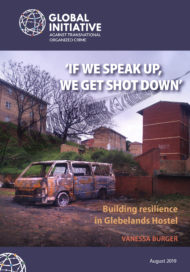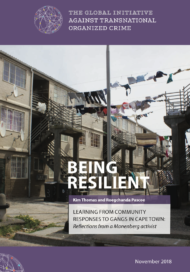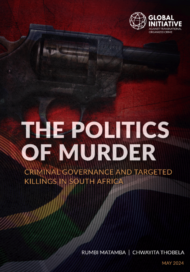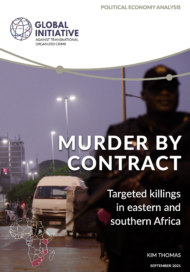Posted on 26 Aug 2019
Between March 2014 and January 2019, more than 120 people died as a result of violence perpetrated by hitmen based at Glebelands Hostel, an ANC stronghold in Umlazi, a former ‘township’ in south Durban, falling within the eThekwini Municipality of KwaZulu-Natal (KZN). The killings have bled beyond the hostel, throughout KZN and even into neighbouring provinces.
This is a staggering statistic for a community of around 22 000 people living in a housing complex that covers less than two square kilometres. In 2018, South Africa’s murder rate was close to 36 per 100 000 people, the fifth highest in the world and comparable to conflict zones such as Somalia (38.4), Iraq (40.3), Afghanistan (40.4) and Yemen (61.6). By contrast, since 2014, the average murder rate in Glebelands has been almost 120 per 100 000 – nearly four times the national average and virtually double the kill rate for Yemen.
When presenting the 2018 crime statistics, Police Minister Bheki Cele announced that South Africa ‘borders on a war zone.’ This situation has not been lost on Glebelands residents, who, with characteristic dark humour, regularly refer to their home as ‘Baghdad’ or ‘Syria’.
One objective of this report is to describe how a historically marginalized and highly vulnerable community can come to withstand arguably some of the highest levels of violence and political oppression witnessed in South Africa in recent times. As part of the Global Initiative Resilience Project, this report also hopes to provide useful tools and strategies for building community and activist resilience under the most abnormal political circumstances, where state entities, members of the ruling party and organized crime have coalesced into a broader threat to South Africa’s constitutional democracy and political stability.




